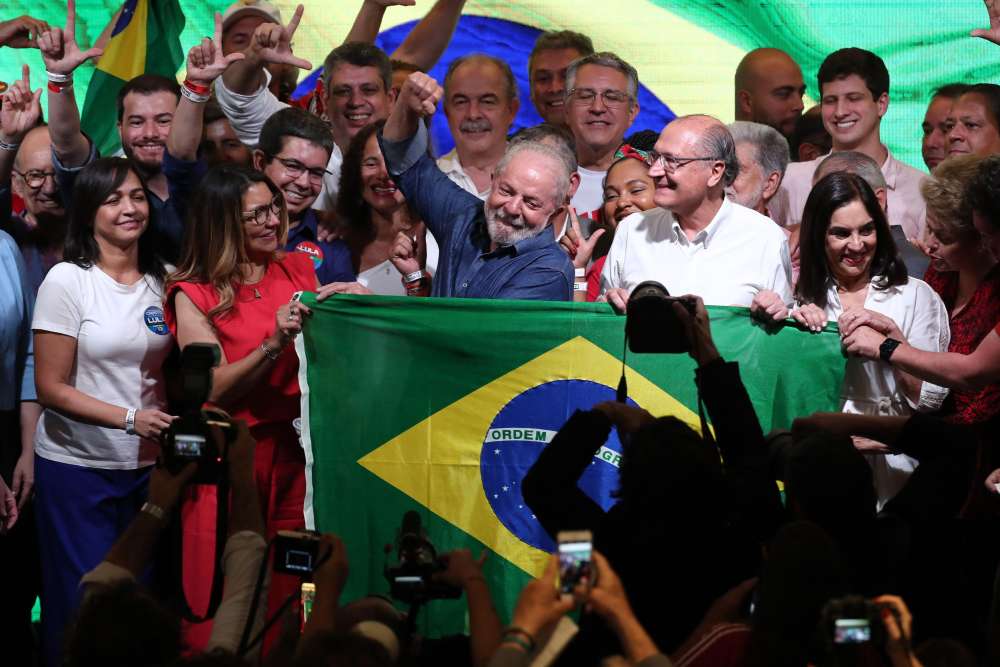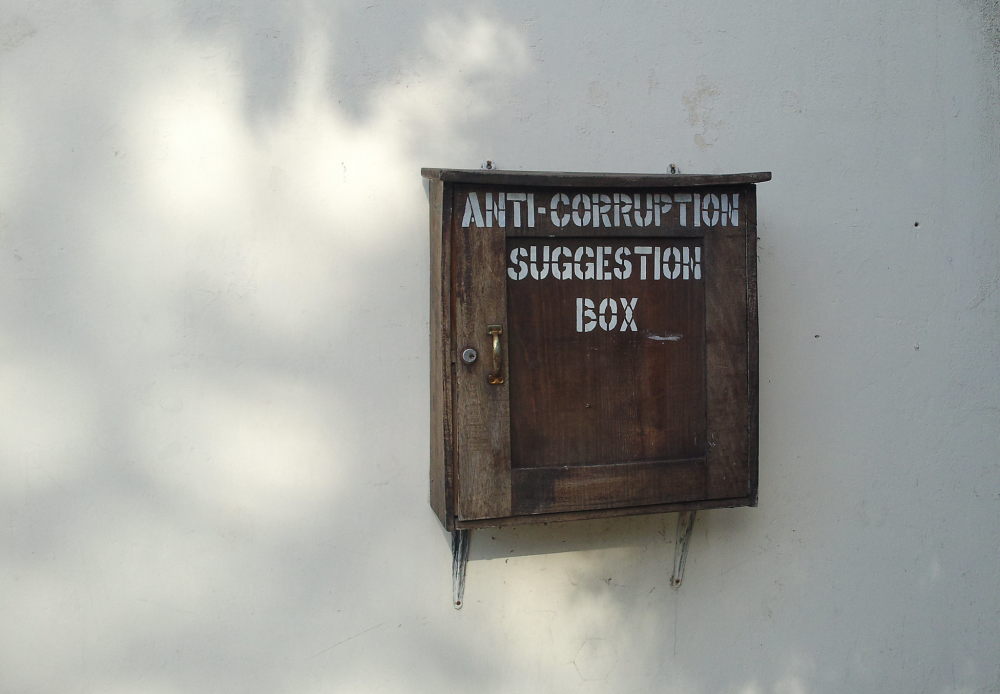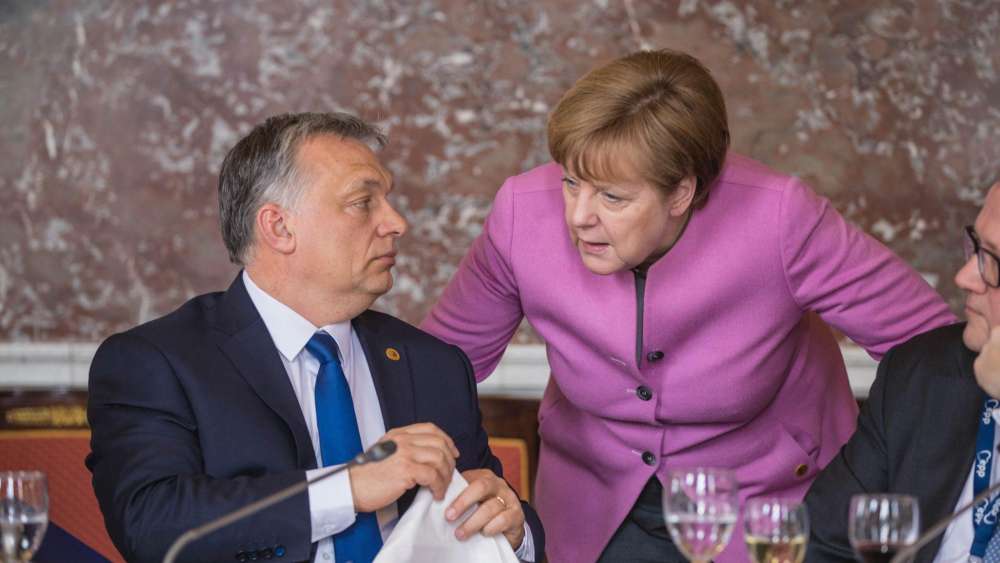Democratic Resilience: Lessons from Brazil’s Election

(Sebastiao Moreira/EPA-EFE/Shutterstock)
With Brazil’s democracy pulled back from the cliff, the success of the Lula campaign offers insights about how to stem the authoritarian tide elsewhere.
Jair Bolsonaro’s failed bid for a second term during Brazil’s recent presidential election was nothing short of remarkable: never before since the country’s democratization in the 1980s had a president been voted out of office. The incumbency advantage, which allows the acting government to dramatically increase spending to temporarily boost approval ratings prior to elections, explains why in the past even relatively unpopular presidents such as Dilma Rousseff won a second mandate. But Bolsonaro’s defeat was also historic because there seems to be little doubt that another four years would have allowed the former army captain to decisively weaken democratic rule in Brazil. Just like in countries such as Nicaragua, Venezuela and Hungary, where authoritarian-minded leaders were able to accelerate their crackdown on democracy only after reelection, victory in the 2022 elections would have provided Bolsonaro with a mandate for much more radical change, including by putting greater pressure on the judiciary and a further militarization of the government.
Given how extraordinarily close Lula’s victory was – 50.9 percent of voters supported the former leftist president, while 49.1 percent voted for Bolsonaro – even minor details in the campaign could have made a big difference. It is reasonable to think that with greater discipline and a willingness to reach out to centrists, the current president could have won reelection. And yet, there are a number of lessons this victory for Brazil’s opposition holds for other countries dealing with authoritarian threats. Five in particular stand out.
Key Points:
- Brazil’s 2022 election offers a number of lessons for other democracies wrestling with the threat of authoritarianism at home.
- Lula’s victory over Bolsonaro demonstrated that: a vibrant public debate and broad coalitions are key; a proactive approach against misinformation can help limit its devastating effects; digital counter-campaigns can work; a coordinated international response can make a difference.
- Germany should take note that it is both urgent and possible to actively support not just democratic transitions but also democracies teetering on the brink to authoritarianism.
Proactive Action Against Misinformation
First, since Bolsonaro’s election in 2018, a vibrant public debate emerged in Brazil about how to protect democracy from the president’s worst authoritarian impulses. That Bolsonaro never hid his anti-democratic agenda, soon began to verbally attack judges, dramatically increased the number of active-duty and retired military officers in the government, and attempted to interfere in police investigations all underlined the urgency of this discussion. Books such as Daniel Ziblatt and Steven Levitsky’s How Democracies Die became standard references in debates at universities and were frequently cited in the mainstream media. The Bolsonaro years also saw a proliferation of articles about the erosion of democracy elsewhere, such as in the Philippines, Turkey and El Salvador. As the 2022 elections neared, this facilitated the opposition’s argument that democracy itself would be at stake.
Secondly – and partly as a consequence of the above-mentioned dynamic – the leading opposition candidate made an unprecedented effort to reach out to centrists, former rivals and even conservatives to build a very broad ideological tent that could credibly project itself as a pro-democracy alliance against the autocratic threat the president was posing. Lula’s decision to choose former São Paulo governor Geraldo Alckmin, whom he had defeated in the presidential runoff in 2006, as his running mate was perhaps most significant in this context – and it was far more than empty symbolism: in a country where impeachments are quite frequent and nearly half of all vice presidents since Brazil’s democratization reached the top job unexpectedly, and where the legislature has become increasingly powerful, Lula’s picking a center-right conservative was understood as a guarantee that he would not govern like a radical. After all, if Lula were to embrace a radical trajectory, Congress could impeach him, certain that a pragmatist would have his place.
» The leading opposition candidate made an unprecedented effort to reach out to centrists, former rivals and even conservatives to build a very broad ideological tent. «
Third, Brazil’s electoral court took a highly proactive stance in the fight against misinformation. The court established partnerships with social media companies such as Twitter and Facebook (which owns WhatsApp) and signaled that if Bolsonaro were to explicitly question the electoral result, he could be banned from running for office again, which likely contributed significantly to the president’s passive stance in the aftermath of his defeat – in contrast to Donald Trump, who immediately questioned President Joe Biden’s victory in 2020. During the campaign, the combat against misinformation and disinformation, while in some cases going too far and producing controversy, limited the devastating effects that false information had had on the 2018 election. Fact-checking agencies proliferated and these are likely to have helped educate voters about how to tell false information from facts. This should not suggest that the electoral court has won the battle against so-called fake news; however, it would be reasonable to argue that it succeeded in putting a dent into the disinformation machinery that has been eroding public debates in democracies around the world.
An Effective International Response
A fourth lesson is that in the final months of the campaign, the Lula team began to implement the digital ground game which had traditionally been the turf of Bolsonarismo. This involved a permanent release of rapid-fire-type reactions in video format responding to campaign events – meant to challenge the Bolsonaro campaign’s traditional first-mover advantage when it comes to agenda setting in a fast-moving public debate – as well as a stronger presence on platforms like TikTok and attempts to train the opposition candidate to use the TV debates to produce short clips which would be recycled for the campaign.
Fifth and finally, the international community played a surprisingly important role in the months prior to the election, including by making it clear that a rupture of democratic rule in Brazil would lead to the country’s international isolation. In the days before the election, several Western powers, including Germany, coordinated their response to the election results and very quickly congratulated president Lula to help reduce the risk that the Bolsonaro side would contest the outcome. At the same time, Western governments expressed confidence in Brazil’s electoral system both before and after the elections. Germany’s Ambassador Heiko Thoms, for example, affirmed his trust in Brazil’s voting machines in a Twitter post that generated ample visibility. US Secretary of Defense Lloyd Austin traveled to Brasília prior to the elections and explicitly stated that the United States would condemn any interference by Brazil’s armed forces in the electoral process – a significant statement given how important the security relationship between Brazil and the United States had become over the past four years. Austin’s visit is thought to have limited the Brazilian military’s willingness to go along with any attempt to overturn the election, out of fear that doing so would negatively affect Brazil’s military ties to Washington. Bolsonaro’s vice president even said as much after the election, arguing with remarkable frankness that he had opposed a military intervention since it would have isolated Brazil internationally.
» The international community played a surprisingly important role in the months prior to the election, including by making it clear that a rupture of democratic rule in Brazil would lead to the country’s international isolation. «
The fact that nearly half of all Brazilian voters still supported Bolsonaro reveals how deeply the country is divided – and how easily the above-cited strategies could have failed. There is no doubt that the opposition also benefited from the slow recovery after the Covid-19 pandemic and a challenging macroeconomic environment, which has fueled a strong anti-incumbency dynamic in the region. Still, Brazil’s recent elections should be an unmistakable sign to German observers that it is both urgent and possible to actively support not only democratic transitions, but that the international response to democracies teetering on the brink can make a significant difference. This is why German President Frank-Walter Steinmeier’s visit on the occasion of Lula’s inauguration in January 2023 will be so important: it will send a powerful signal that Germany remains committed to strengthening the democratic community around the world – including in the world’s fifth-largest democracy, which just overcame its gravest challenge yet.
Oliver Stuenkel
Professor, School of International Relations at Fundação Getulio Vargas (FGV)
Keep on reading

To Counter Global Kleptocracy, Germany Must Turn the Tide on Dirty Money
For too long, Western countries have overlooked kleptocrats’ use of illicit finance as a means to undermine the sovereignty and functioning of democratic societies. But Germany in particular can no longer afford this complacency.

Strategic Corruption Is a Security Threat
Authoritarian states are using weaponized corruption to further their geopolitical objectives abroad. To tackle the issue, Germany needs a holistic strategy to effectively close the loopholes that kleptocrats exploit.

Demokratie muss zu einem Kerninteresse deutscher Außenpolitik werden
Das Thema Demokratie zieht sich wie ein roter Faden durch die großen Herausforderungen für deutsche Außenpolitik. Die Strukturen des Auswärtigen Amtes spiegeln das nicht wider. Höchste Zeit, das zu ändern.